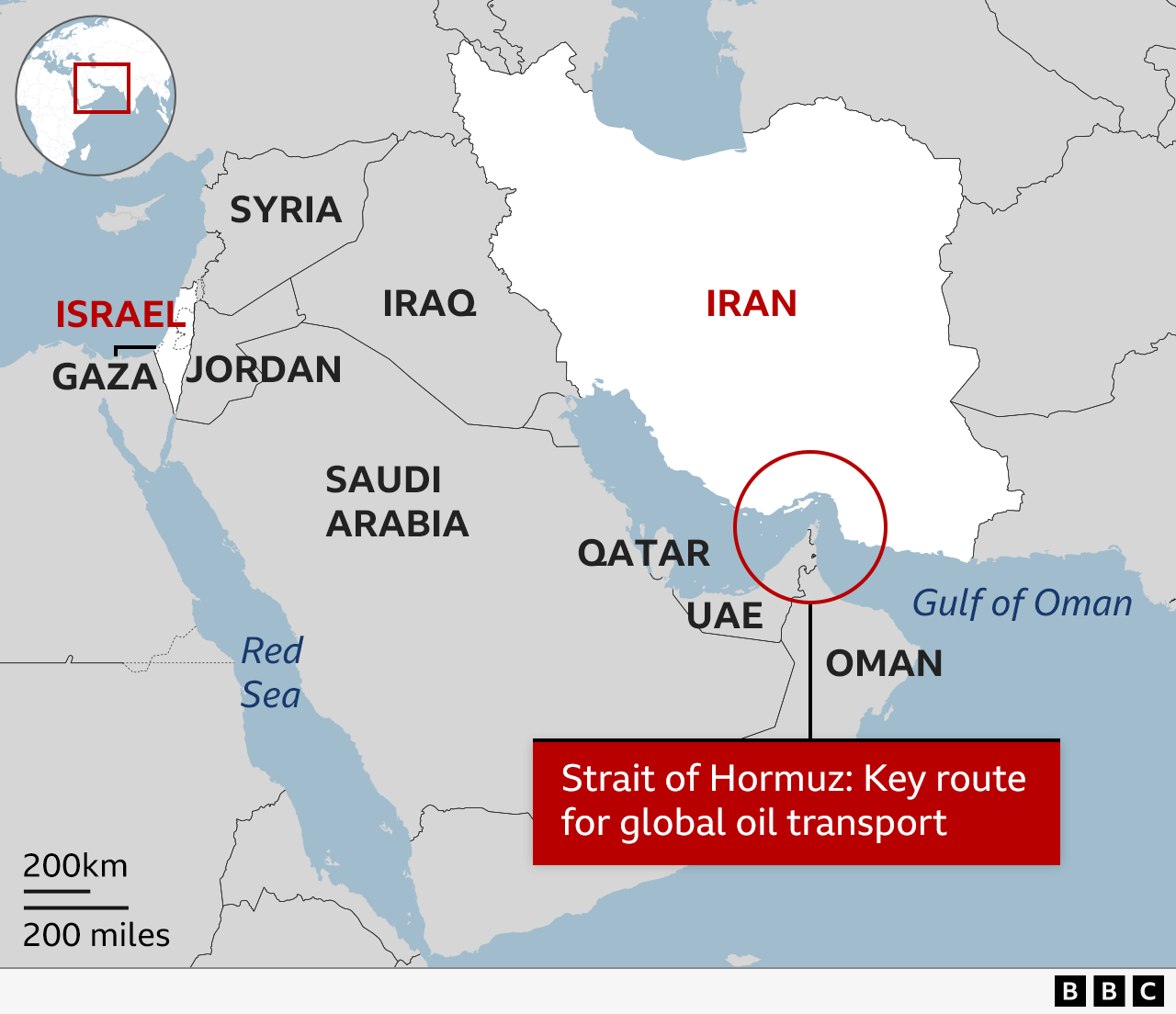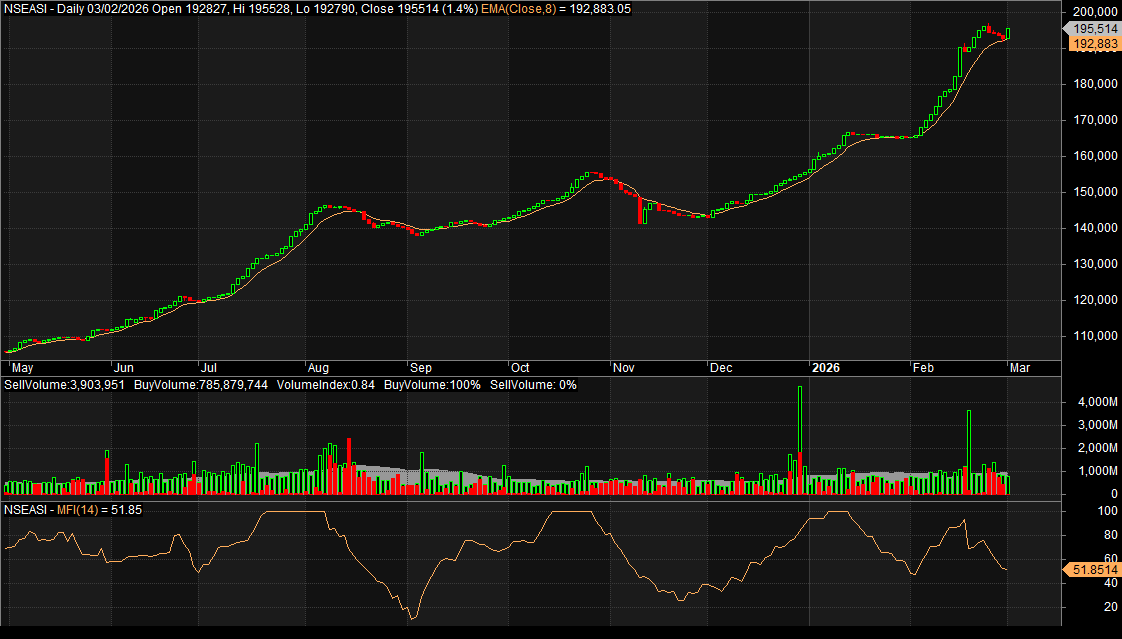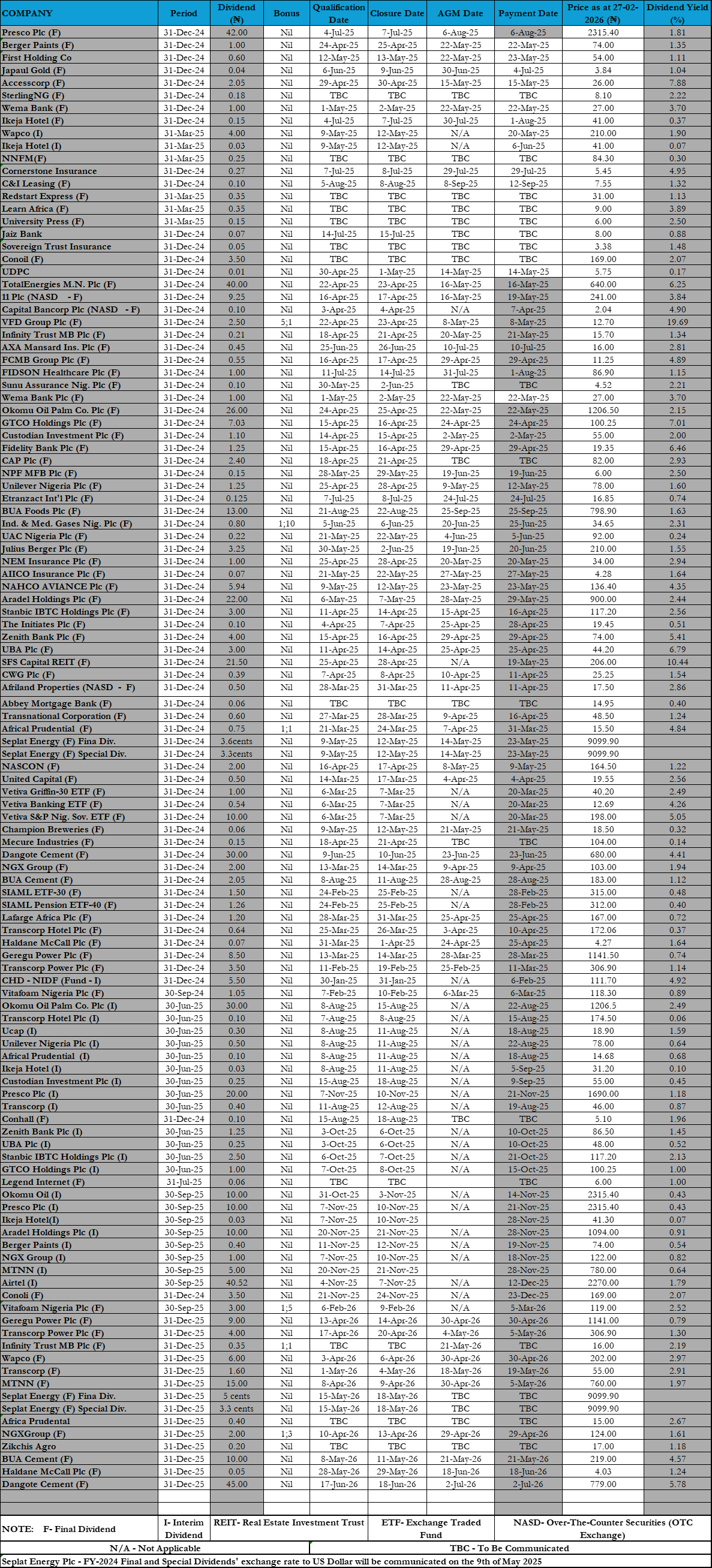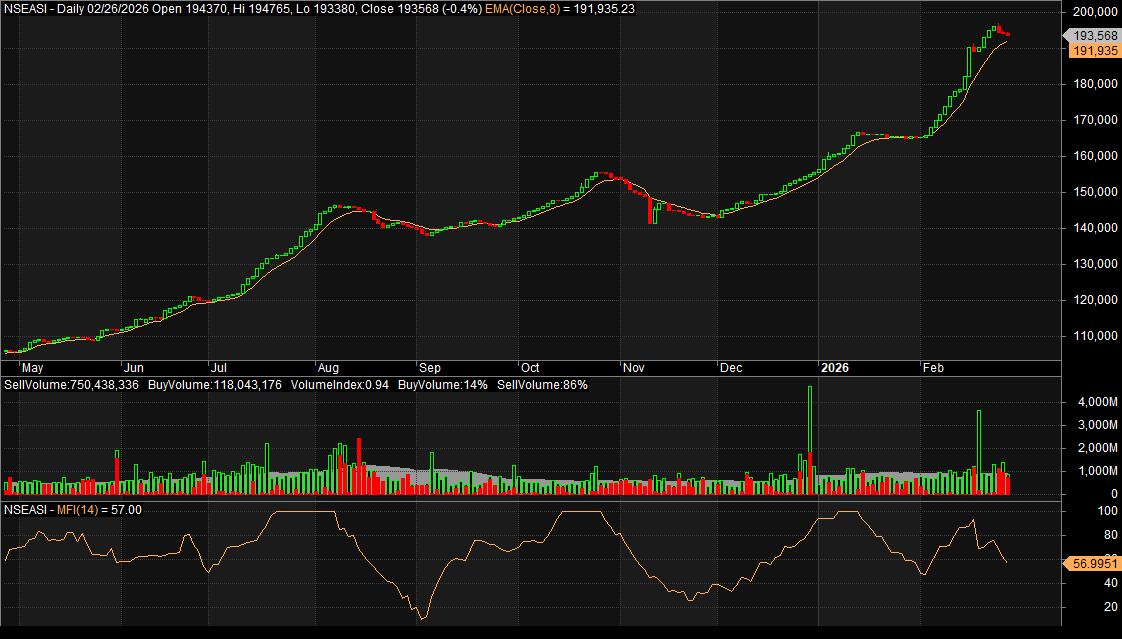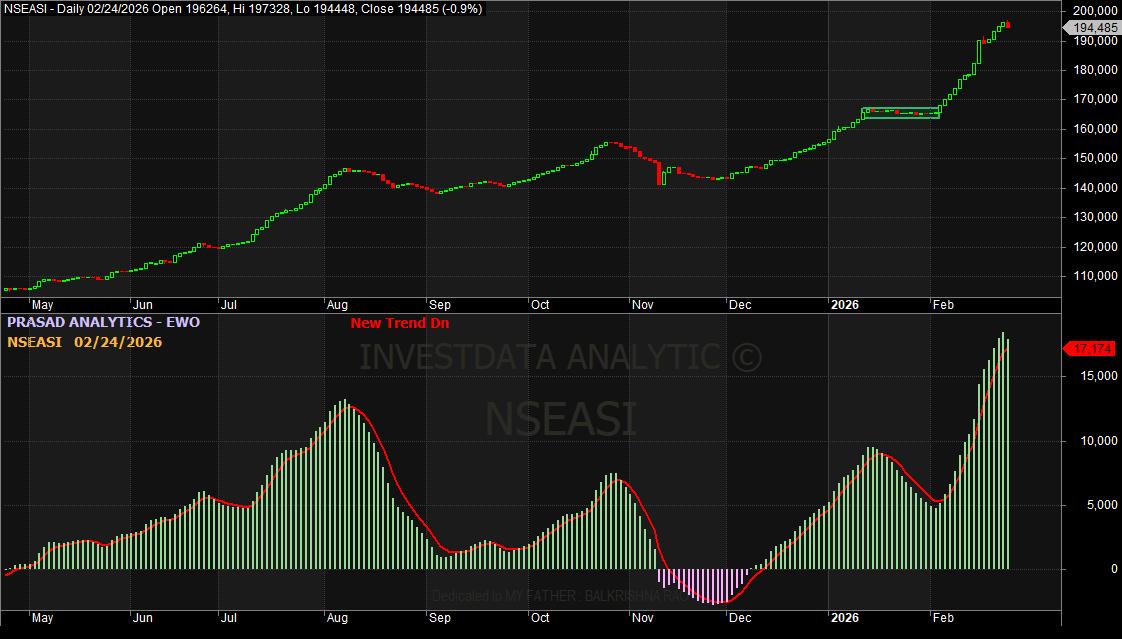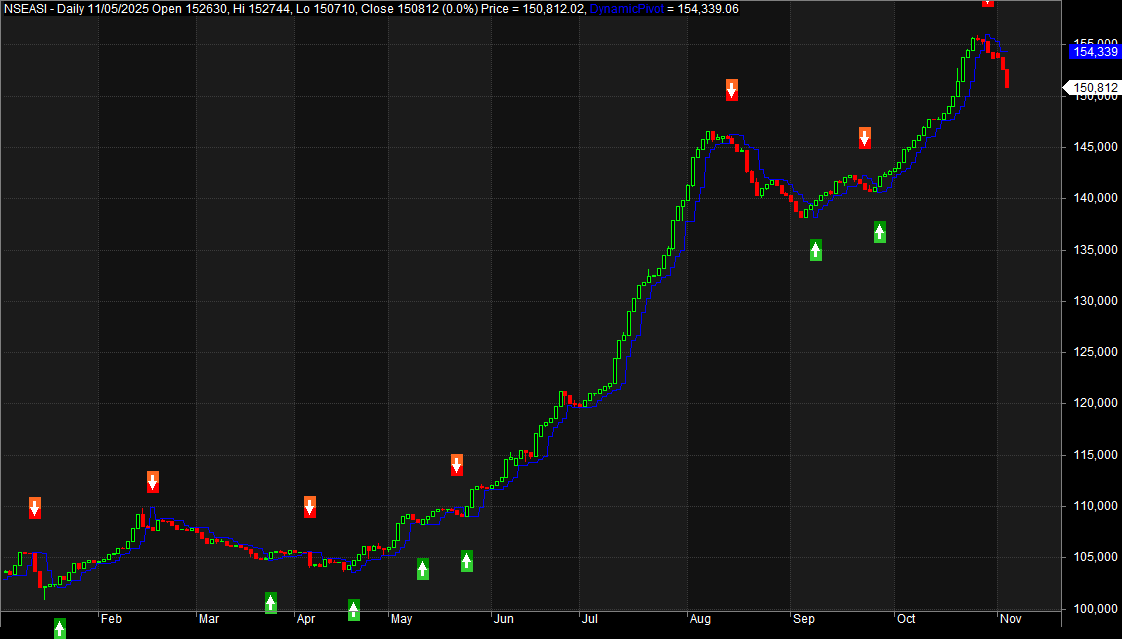
Market Update For November 5, 2025
The bearish momentum on the Nigerian Exchange (NGX) intensified midweek as the market extended its losing streak into Wednesday, November 5, 2025. The persistent downtrend reflected sustained sell pressure across key sectors as investors continued to react to macroeconomic headwinds, weak foreign inflows, and cautious portfolio realignment. The session closed deep in the red, weighed down by profit-taking in large-cap counters and reduced risk appetite, particularly among institutional players.
The broader market sentiment remained fragile amid mounting concerns about liquidity constraints, currency volatility, and rising funding costs. With fixed-income yields still elevated and foreign investors largely on the sidelines, domestic players dominated activity, primarily engaging in short-term repositioning. The mixed performance of recent earnings results and subdued dividend expectations across several sectors have also dampened sentiment, leading to persistent profit-booking and price markdowns.
Market observers noted that the recent pattern of heavy selloffs is consistent with investors’ cautious approach toward equities, especially as the year draws to a close and many fund managers rebalance portfolios. This has caused the market to retreat further from recent highs, even as a few stocks still trade near record levels, attracting selective bargain-hunting from retail participants.
Market Activity and Investor Participation
Despite the bearish close, activity levels improved notably, suggesting that investors are gradually re-entering the market at lower price points. Total volume traded jumped 63.36% to 1.12 billion units, while value traded surged to N29.78 billion, executed across 27,303 deals—a sign of sustained market liquidity.
FIDELITYBK once again led the activity chart both in volume and value, accounting for 54.43% of total volume with 608.16 million units worth N13.95 billion, reflecting strong investor interest following its robust Q3 earnings and sustained dividend outlook. STERLINGNG and ZENITHBANK trailed, contributing 7.31% and 4.80%, respectively, to total traded volume. On the value front, FIDELITYBK maintained dominance with 46.86% of total transactions, followed by ZENITHBANK and GTCO, both of which remain preferred stocks among institutional investors.
This surge in transaction activity underscores the resilience of the banking sector as a key liquidity driver in the market, despite profit-taking in some tier-1 names. The sector’s relative strength stems from improved earnings performance, enhanced capital buffers, and resilience to currency shocks. Nonetheless, selective selloffs in ZENITHBANK, GTCO, and ACCESSCORP reflect investors’ move to lock in recent gains.
Sectoral Performance Breakdown
The market’s decline was broad-based as all major sectors closed negative. The Banking Index lost significant ground following declines in ZENITHBANK (-1.22%), ETI (-1.83%), and WEMABANK (-3.67%). The Industrial Goods Index also weakened on the back of losses in WAPCO (-7.14%) and BETAGLAS (-9.99%), while the Consumer Goods Index fell due to price declines in DANGSUGAR (-4.14%) and UACN (-7.69%).
The Oil & Gas sector was not spared, dragged down by OANDO (-2.89%) and ETERNA (-1.39%), while the Insurance sector extended its decline amid sustained sell pressure and limited institutional demand. The overall market breadth remained negative, with 15 gainers against 47 decliners, highlighting the dominance of bearish sentiment across the bourse.
Technical Overview
Technically, the All-Share Index (ASI) has continued to trade below the 20-day and 50-day moving averages, signaling persistent weakness and confirming a bearish near-term outlook. The Relative Strength Index (RSI) at 34.5 suggests that the market is approaching oversold territory, raising the possibility of a short-term rebound if bargain hunters begin to accumulate undervalued stocks. The Money Flow Index (MFI) also indicated a mild inflow, suggesting that a few investors are positioning for a potential recovery.
However, the market’s volatility index remains elevated, implying that short-term swings may persist as investors weigh global macroeconomic data and domestic policy expectations. Analysts expect the market to find support around the 150,000-point level, a key psychological threshold that could trigger renewed buying interest.
Macroeconomic and Global Context
The domestic market’s weakness mirrors trends in global equities, where risk sentiment has been dampened by disappointing economic data and lingering monetary policy uncertainty. Weak factory activity from China and the U.S. has reinforced concerns about a global slowdown, putting further pressure on commodity prices and emerging market assets.
In the commodities market, Brent crude slipped 0.6% to $64.07 per barrel, while WTI fell 0.7% to $60.13. The decline was fueled by weaker demand prospects and a stronger U.S. dollar, which climbed to a three-month high amid hawkish signals from Federal Reserve policymakers. Despite this, expectations of lower U.S. fuel inventories provided slight support to prices.
At the close of Wednesday’s session, the All-Share Index (ASI) declined by 1.35% to 150,573.87 points, from 152,629.60 points recorded previously. Consequently, investors lost N1.31 trillion, dragging the total market capitalization to N95.66 trillion, while the year-to-date (YTD) return moderated to 46.29%.
The day’s losses were driven by heavy selloffs in TRANSCORP (-10.00%), SKYAVN (-9.99%), BETAGLAS (-9.99%), JBERGER (-7.77%), UACN (-7.69%), WAPCO (-7.14%), MTNN (-5.94%), DANGSUGAR (-4.14%), OANDO (-2.89%), NAHCO (-2.70%), and ZENITHBANK (-1.22%). Conversely, NCR led the gainers’ list, hitting a new 52-week high at N17.60, while CILEASING topped the losers’ chart.
In Summary:
The midweek session reaffirmed the dominance of bearish forces on the NGX as profit-taking intensified across sectors. While near-term sentiment remains weak, technical indicators suggest the market is approaching a potential reversal zone. As the year-end approaches, investors are advised to remain cautious but alert to bargain opportunities in fundamentally strong stocks likely to benefit from medium-term macroeconomic recovery and expected corporate earnings resilience.



